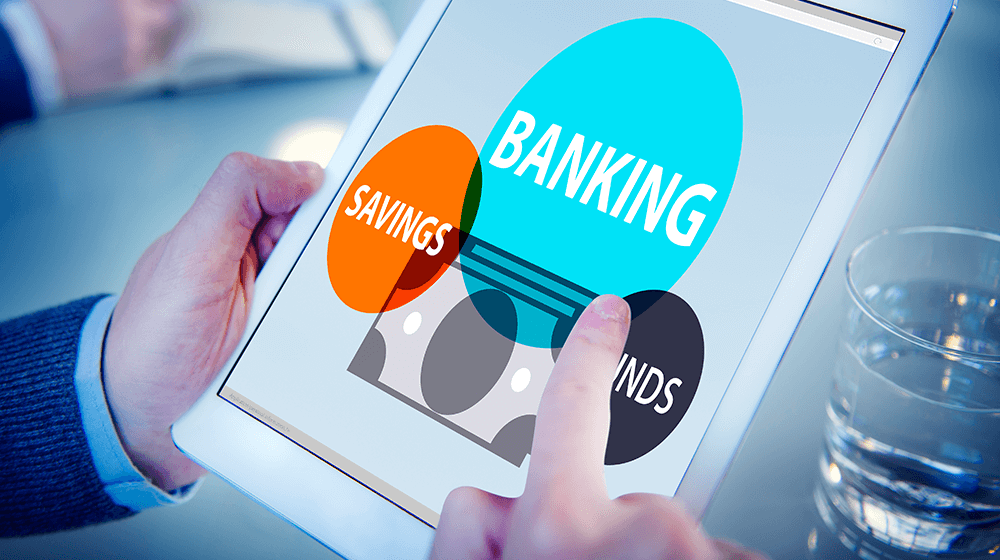Explore Your Alternatives for Hassle-Free Bank Account Opening Near You
In today's economic landscape, the procedure of opening up a bank account can usually appear overwhelming, yet it does not have to be. Comprehending the various kinds of accounts, required documents, and the actions entailed can greatly simplify this undertaking.
Understanding Checking Account Types
Comprehending the different types of savings account is necessary for making educated financial decisions. Checking account usually fall under several groups, each made to satisfy specific financial needs. One of the most typical types consist of interest-bearing accounts, checking accounts, and deposit slips (CDs)
Savings accounts are ideal for people looking to save funds while gaining interest. These accounts usually have limited withdrawal alternatives however typically offer greater interest prices compared to examining accounts.
Certifications of deposit (CDs) are fixed-term accounts that need funds to be transferred for a given duration, typically yielding greater interest prices than traditional interest-bearing accounts. Early withdrawal might incur penalties. Other specialized accounts consist of money market accounts, which integrate functions of savings and checking accounts, and specific retirement accounts (Individual retirement accounts), which offer tax obligation benefits for retirement financial savings. Understanding these account types encourages individuals to select the most appropriate choices for their monetary goals.
Deciding On In Between Online and Local Bankss
When picking a bank, people typically face the choice in between online and local bankss, each offering distinct advantages and downsides. On the internet bankss commonly provide higher passion rates on interest-bearing accounts and reduced charges due to lowered expenses prices. bank account opening. Their 24/7 accessibility allows consumers to manage their finances easily from anywhere, making them an appealing choice for tech-savvy individuals

Protection is one more important factor to consider. While on-line bankss make use of sophisticated security and protection procedures, some individuals might still feel a lot more comfy with the physical existence of a regional bank, where they can see staff and procedures firsthand.
Inevitably, the choice between online and regional bankss depends upon individual preferences and financial needs. Assessing factors such as convenience, fees, rate of interest, and customer support will certainly aid people choose the banking remedy that finest fits their lifestyle.
Required Documents for Account Opening
Before starting the account opening procedure, it is important to collect the necessary documents to make certain a smooth experience. Various bankss may have certain needs, however there prevail files that you will commonly require.
First of all, a valid government-issued picture identification is important. This can include a motorist's certificate, ticket, or national copyright. Secondly, evidence of address is often called for; acceptable records may include utility costs, lease agreements, or bank statements that plainly show your name and existing address.
Additionally, relying on the kind of account you wish to open, you might need to provide your Social Safety and security number or Tax obligation Recognition Number for tax obligation purposes. If you are opening up a joint account, both events will certainly require to provide their identification and evidence of address.

Steps to Open Your Account
Opening a savings account includes an uncomplicated series of steps that can streamline your banking experience. To begin, select the sort of account that ideal fits your financial requirements, whether it's a checking, cost savings, or a specialized account. When you've made your selection, see your chosen bank's branch or browse to their website to launch the process.
Next, gather the required paperwork, which generally consists of evidence of identity, such as a government-issued ID, and evidence of address, like an utility expense. bank account opening. Some bankss may additionally request for your Social Protection number or tax obligation identification number
After constructing your papers, complete the application kind, either online or in-person. Make certain that all info is full and exact to prevent hold-ups.
Once you send your application, the bank will assess your info, which may take from a few minutes to a number of days relying on the organization. If authorized, you'll get details about your brand-new account, including your account number and any associated debit or credit history cards. Lastly, make a preliminary down payment to activate your account, and you prepare to start banking.
Tips for a Smooth Experience
To make certain a smooth savings account opening experience, it is useful to be well-prepared and informed concerning what to expect. Start by collecting all essential documentation, consisting of a valid government-issued ID, evidence of address, and your Social Protection number. This preparation will accelerate the procedure and protect against unneeded hold-ups.

In addition, it is important to set up great site a consultation with a bank agent. This can assist ensure that you obtain tailored help and prevent long haul times.
Once at the bank, ask inquiries to clear up any kind of terms or attributes connected to your account. Understanding the small print can protect against future inconveniences.
Conclusion
Finally, detailed study and prep work are necessary for a smooth savings account opening up experience. By recognizing different account types, weighing the advantages of neighborhood versus on the internet bankss, and gathering necessary paperwork, people can navigate the procedure effectively. Following outlined actions and utilizing suggestions can additionally boost the experience. Inevitably, an enlightened approach will promote the choice of a financial organization that lines up with certain economic needs and preferences.
The most usual kinds consist of cost like it savings accounts, examining accounts, and certificates of down payment (CDs)
These accounts usually have actually restricted withdrawal choices but usually provide higher interest prices contrasted to checking accounts.Certifications of deposit (CDs) are fixed-term accounts that need funds to be transferred for a given period, often producing higher interest rates than traditional savings accounts. Various other specialized accounts include cash market accounts, which integrate features of savings and examining accounts, and specific retirement accounts (IRAs), which offer tax obligation advantages for retirement savings. To start, pick the type of account that finest fits your monetary requirements, whether it's a checking, savings, or a specialized account.